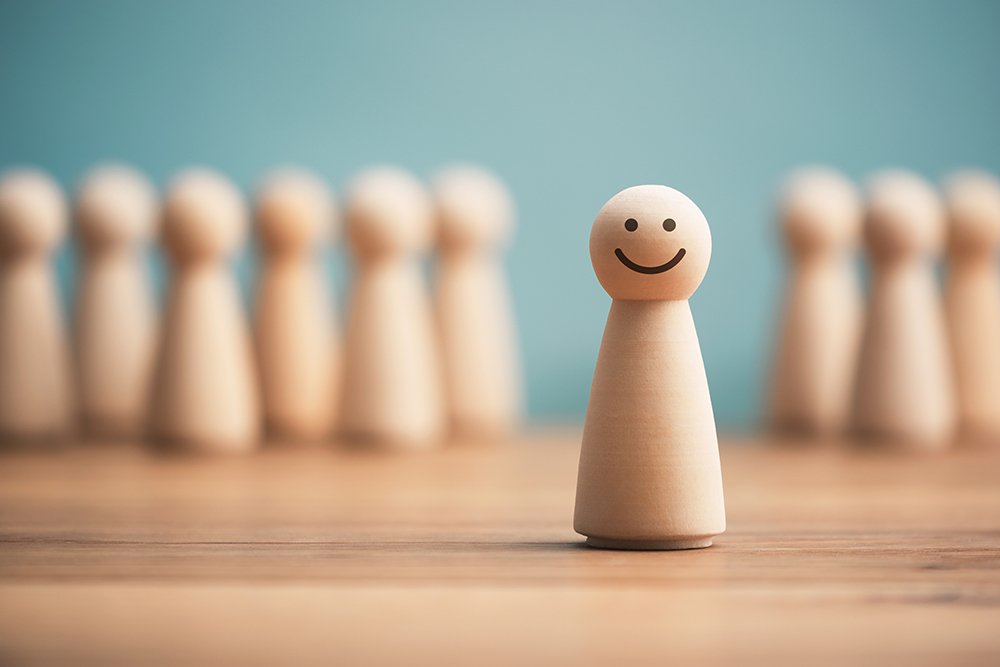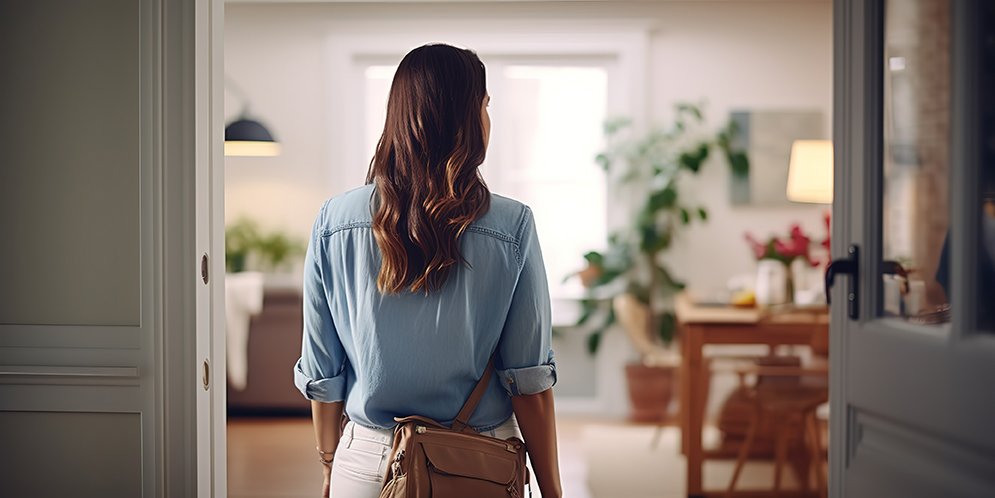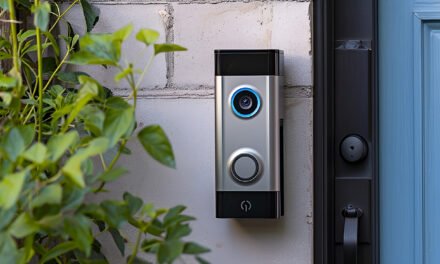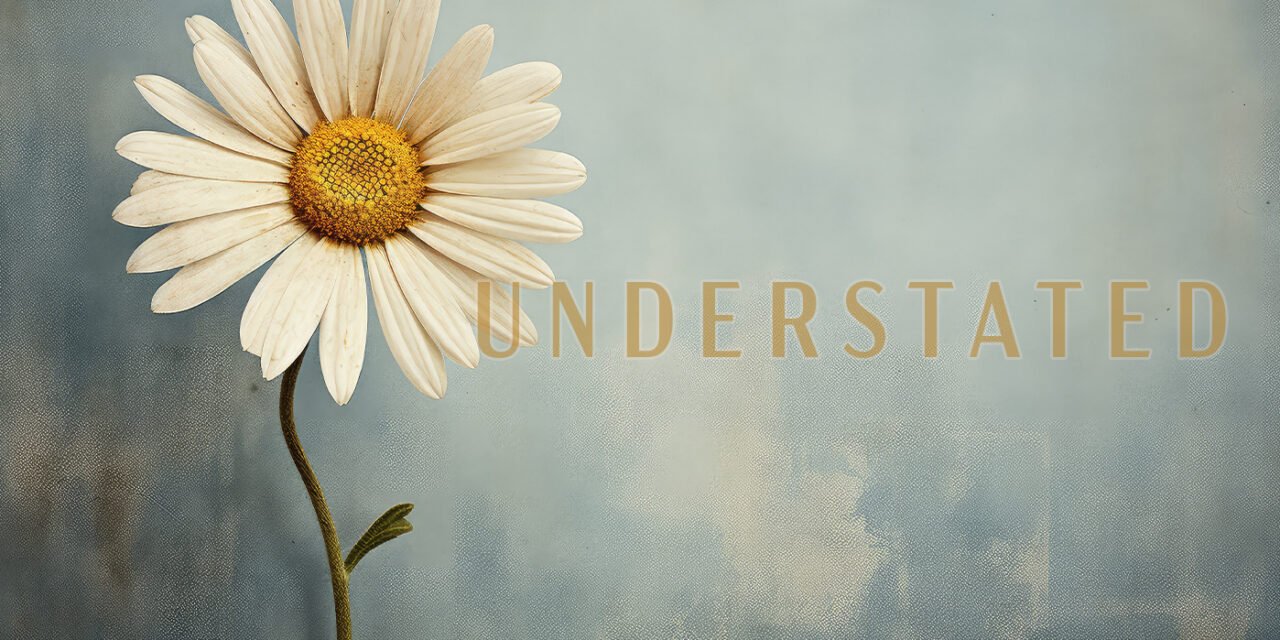Minimalist Lifestyle, the benefits
Minimalist lifestyle is a concept that centers on the idea of simplifying and decluttering one’s life, focusing on what is essential, and removing unnecessary distractions and possessions. Minimalism can manifest in various aspects of life, including home design, belongings, and overall lifestyle choices.
Fundamental principles of a minimalist Lifestyle

1. Simplicity
At its core, a minimalistic lifestyle is about simplifying your life by removing the excess. This can involve decluttering your living space, simplifying your daily routines, and reducing the number of possessions you own.
2. Intentionality
A minimalist lifestyle emphasizes making deliberate and conscious choices about what you allow into your life. It encourages you to question whether something adds value and meaning before incorporating it into your life.
3. Decluttering
Minimalism often begins with decluttering your physical space. This process involves identifying and getting rid of items you no longer need or don’t bring you joy. The goal is to create a clean and uncluttered environment.
4. Focus on Quality
Rather than quantity, a minimalist lifestyle emphasizes the importance of quality. It encourages investing in well-made, lasting items that serve their purpose effectively, rather than accumulating disposable or unnecessary possessions.
5. Financial Freedom
A minimalist lifestyle can lead to financial benefits, as you reduce spending on items you don’t need. It encourages saving money and avoiding unnecessary debt, ultimately providing financial security.
6. Mindfulness
Minimalism often goes hand in hand with mindfulness. It encourages being present in the moment, appreciating what you have, and finding contentment in simplicity.
7. Environmental Responsibility
Minimalism promotes sustainability by reducing consumption and waste. By owning and purchasing less, you can have a smaller ecological footprint, which is better for the environment.
8. Time and Energy
Minimalism frees up time and mental energy that might have been otherwise spent managing possessions or engaging in cluttered activities. This can lead to increased productivity and well-being.
9. Experience over Possessions
Minimalism prioritizes experiences and relationships over material possessions. It encourages you to seek fulfillment and joy in the moments and connections that life offers.
10. Personal Growth
A Minimalistic lifestyle can lead to personal growth by challenging you to confront your values, priorities, and aspirations. It can help to discover what truly matters and align your life with those values.
While it may not have a large body of scientific research dedicated to it, there are many potential benefits associated with a minimalist lifestyle, some of which are supported by psychological and scientific principles.
The benefits of a Minimalist Lifestyle

1. Reduced Stress and Anxiety
Scientific studies have shown that clutter and excess possessions can lead to increased stress and anxiety. Minimalism encourages decluttering and simplification, which can help reduce these negative emotions.
2. Improved Mental Health
A simplified and organized environment can positively impact mental well-being. Research suggests that a minimalistic lifestyle may contribute to improved mental health by reducing mental fatigue and promoting clarity of thought.
3. Enhanced Decision-Making
Psychological research shows that too many choices can lead to decision fatigue. Minimalism can help simplify your life by reducing the number of decisions you need to make. This leads to ease of focus when making important decisions.
4. Increased Productivity
A minimalist lifestyle can lead to increased productivity by eliminating distractions and allowing focus on essential tasks. Research supports the idea that minimalism can enhance work efficiency.
5. Better Relationships
A minimalist lifestyle encourages spending more time with loved ones and valuing experiences over material possessions. Scientific studies emphasize the importance of strong social connections for overall well-being.
6. Financial Benefits
Research shows that minimalism can lead to reduced spending and increased savings. It can also help individuals avoid unnecessary debt and promote financial security.
7. Increased Creativity
Psychological studies suggest that a clutter-free environment can enhance creativity and problem-solving abilities. Minimalism can provide the mental space for creative thinking.
8. Environmental Impact
Minimalism can contribute to a smaller ecological footprint by reducing consumption and waste. Scientific evidence supports the importance of sustainability for the well-being of the planet and future generations.
9. Better Sleep
A simplified living space can promote better sleep, essential for physical and mental health. Research shows that a clutter-free bedroom can lead to improved sleep quality.
10. Greater Contentment
Studies on happiness and well-being consistently highlight that contentment is often derived from experiences, relationships, and a sense of purpose, rather than material possessions. A minimalist lifestyle aligns with these principles by encouraging people to focus on what brings them joy and fulfillment.
While a minimalist lifestyle may not be for everyone, these benefits provide compelling reasons to consider adopting this way of living. As with any lifestyle change, finding a balance that works for you and aligns with your values and goals is essential. It’s important to note that minimalism is a highly individualized concept, and there is no one-size-fits-all approach.
What a minimalist lifestyle looks like for one person may differ from another. The key is finding a balance that aligns with your values and leads to a more straightforward, intentional, and fulfilling life. Therefore, let’s look at a few things to help embark on the journey of a minimalistic lifestyle.
A Minimalist Lifestyle, How To Start

Starting a minimalistic life involves making intentional choices to simplify various aspects of life. It includes your possessions, daily routines, and priorities. Here are steps to help begin the journey towards living with less.
1. Clarify Your Values
Understand what truly matters to you. Consider your values, goals, and priorities. Identifying what’s most important will guide your journey toward minimalism.
2. Assess Your Possessions
Declutter Your Space: Begin by decluttering your living space. Go room by room and systematically evaluate each item. Ask yourself if it adds value or brings you joy. Donate, sell, or discard items you no longer need or use.
Take the 30-Day Challenge: For a structured approach, try the 30-day minimalism challenge, where you declutter one item on the first day, two items on the second day, and so on. By the end of 30 days, you’ll have decluttered a significant number of possessions.
3. Streamline Your Wardrobe
A minimalist wardrobe typically contains a smaller number of versatile, high-quality clothing items you love. Consider creating a capsule wardrobe, which comprises a few mix-and-match pieces for different occasions.
4. Digital Declutter
Simplify your digital life by organizing and decluttering your digital files, emails, and social media accounts. Unsubscribe from unnecessary emails and unfollow accounts that don’t add value.
5. Opt for Quality Over Quantity
When making new purchases, prioritize quality over quantity. Invest in well-made, durable items that will last longer and serve their purpose effectively.
6. Set Clear Goals
Set clear and achievable goals for your minimalist journey. These goals can relate to decluttering, saving money, reducing waste, or simplifying your daily routine.
7. Limit Commitments
Evaluate your commitments and obligations. Consider avoiding activities or responsibilities that don’t align with your values or priorities. Focus on activities that truly matter to you.
8. Establish Routines:
Create simple, efficient daily routines that help you save time and energy. For example, a morning routine can set a positive tone for your day.
9. Practice Mindfulness
Embrace mindfulness by being fully present in each moment. Pay attention to your surroundings, experiences, and interactions. Mindfulness can help you appreciate the simple pleasures of life.
10. Set Boundaries: Establish clear boundaries in your personal and professional life. This can help prevent overwhelm and maintain a sense of balance.
11. Reduce Consumption
Be mindful of your consumption habits. Buy only what you need and avoid impulse purchases. Focus on reducing waste and living more sustainably.
12. Document Your Progress
Keep a journal or create a digital record of your minimalism journey. Document your experiences, challenges, and successes to track your progress and stay motivated.
13. Seek Inspiration
Read books and blogs, or watch documentaries about minimalism to gain insights and inspiration from others who have embraced this lifestyle.
14. Give Back
Consider donating or volunteering to help those in need. A minimalist lifestyle often aligns with giving back and helping others.
Summary
 Remember that a minimalist lifestyle is a personal journey, and it doesn’t have a fixed destination. It’s about finding a balance that suits your life and values. Start small, be patient with yourself, and embrace the gradual transformation toward a more intentional, simple, and fulfilling life.
Remember that a minimalist lifestyle is a personal journey, and it doesn’t have a fixed destination. It’s about finding a balance that suits your life and values. Start small, be patient with yourself, and embrace the gradual transformation toward a more intentional, simple, and fulfilling life.
If you are interested in reading more about a minimalist lifestyle and how it contributions emotional well-being, Click Here.









Trackbacks/Pingbacks